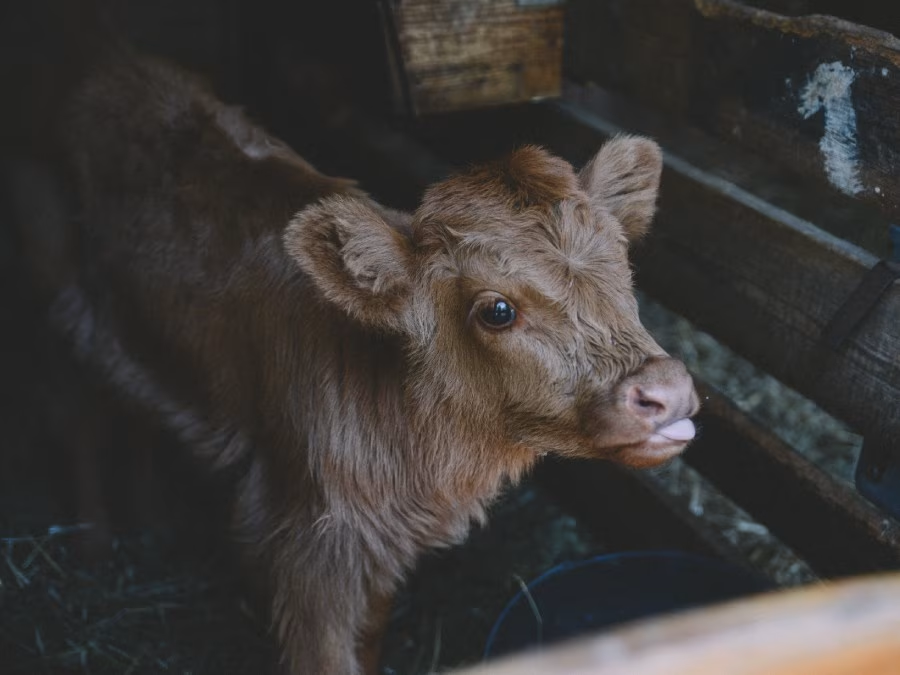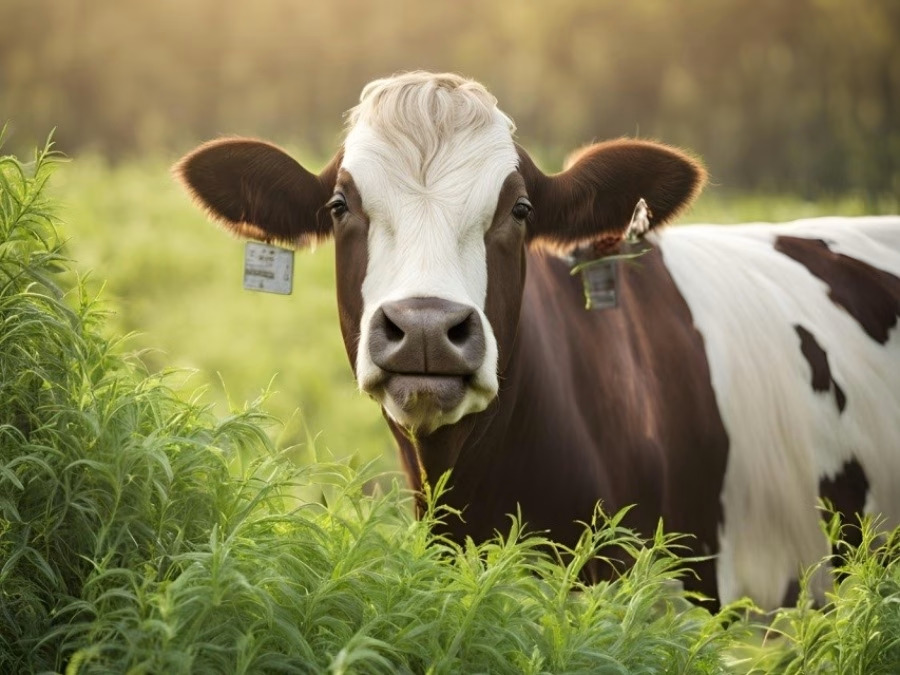Cows, often seen merely as commodities in modern agriculture, possess unique qualities and play a significant role in various industries. This article examines the multifaceted ways cows are used, the ethical concerns arising from their exploitation, and promotes sustainable and compassionate alternatives.
Why We Love Cows: Their Admirable Qualities
Cows are gentle, intelligent animals known for their social nature and emotional sensitivity. They form complex relationships, show affection to their peers, and even display a wide range of emotions. These traits make cows much more than just agricultural animals; they are sentient beings deserving of respect and humane treatment.
The Life of Cows in Modern Farming and Industries
In dairy and meat production, cows often face harsh living conditions, restricted from expressing their natural behaviors. Their use extends beyond food production to industries such as leather and pharmaceuticals, raising critical ethical issues about our treatment and use of these animals.
Health, Environmental, and Ethical Impacts
The exploitation of cows in these industries has far-reaching implications, including environmental degradation, health concerns, and ethical dilemmas around animal welfare.
The Broad Spectrum of Cow Products
Cows are utilized for a variety of products, some of which include:
- Milk and Dairy Products: Used extensively in food items.
- Leather: Common in fashion for shoes, bags, and clothing.
- Gelatin: Found in food products, pharmaceuticals, and cosmetics.
- Bone Char: Used in refining sugar and in certain filtration processes.
- Casein: A milk protein used in adhesives, paints, and other industrial products.
Alternatives to Cow-Derived Products
Fortunately, there are several sustainable and ethical alternatives:
- Plant-Based Milk and Dairy: Almond, soy, oat, and rice milk, along with vegan cheese and yogurt.
- Synthetic Leather: Materials like PU leather and other vegan alternatives.
- Plant-Based Gelatin: Pectin from fruits and agar-agar from seaweed.
- Bone Char Alternatives: Activated charcoal and ion-exchange systems for sugar refining and filtration.
- Synthetic Casein: Various plant-based and synthetic alternatives used in industrial applications.


Plant-Based Alternatives to Beef
The rise in plant-based food alternatives is providing viable options that mimic the taste and texture of beef without the associated ethical and environmental costs. Products made from soy, lentils, and mushrooms are popular choices that are both sustainable and beneficial for health. As more people adopt plant-based diets, the market for these alternatives continues to expand, driving further innovation in creating even more delicious and realistic meat substitutes.
Moving Forward
Recognizing the qualities of cows and the ethical implications of our consumption choices, we can shift towards a more compassionate and sustainable lifestyle. By opting for plant-based alternatives and supporting ethical practices, we contribute to a more responsible and kind world.
Conclusion
Cows, with their gentle nature and emotional depth, deserve consideration and humane treatment. As we become more conscious of the various ways we use cows, we are better positioned to make informed choices that reflect our values of compassion, health, and sustainability.




















